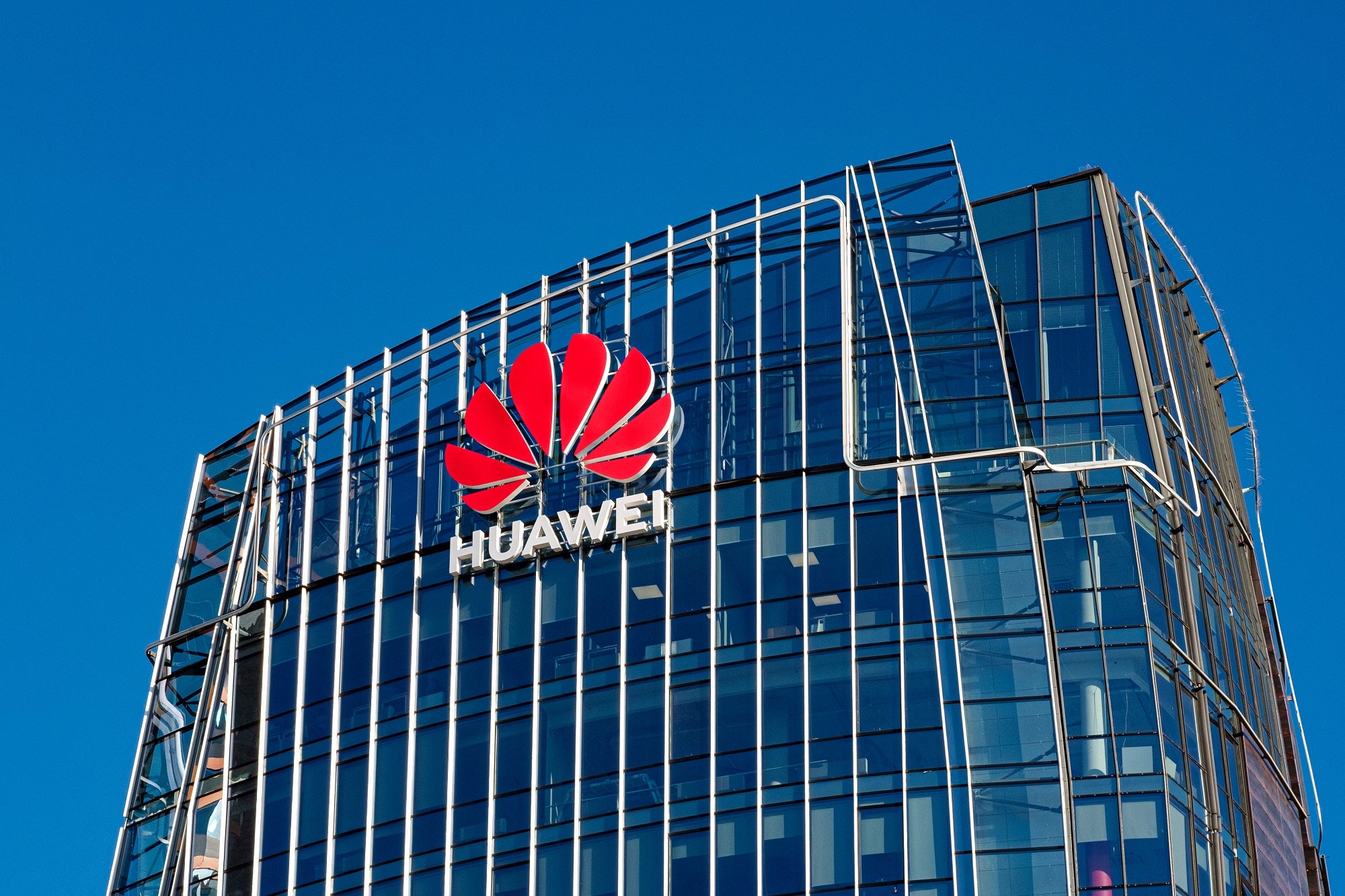
Swedish communication technology company Ericsson has signed a long-term global patent cross-licensing agreement with its Chinese peer Huawei.
The agreement covers the sales of consumer electronics and network infrastructure by each company.
It will give both parties access to each other’s proprietary, standardised technologies, such as 3G, 4G, and 5G cellular technologies, on a global level.
Ericsson chief intellectual property officer Christina Petersson said: “This agreement demonstrates the commitment of both parties that intellectual property should be respected and rewarded, and that leading technological innovations should be shared across the industry.
“A balanced approach to licensing ensures that the interests of both patent holders and implementers are served fairly, driving healthy, sustainable industry development for the benefit of consumers and enterprises everywhere.”
Ericsson expects its full year 2023 intellectual property rights (IPR) licencing revenues to be around SEK11bn ($1bn) based on the existing portfolio of IPR licencing contracts.
Huawei intellectual property department head Alan Fan said: “As major contributors of standard essential patents (SEPs) for mobile communication, the companies recognize the value of each other’s intellectual property, and this agreement creates a stronger patent environment.
“Our commitment to sharing leading technological innovations will drive healthy, sustainable industry development and provide consumers with more robust products and services.”
According to the Financial Times, the deal forms part of Huawei’s efforts to boost sales and expand operations following sanctions from the West.
In 2019, the US imposed restrictions on export of critical semiconductors to Huawei.
Washington has tightened restrictions ever since due to its suspicions that Huawei is assisting the Chinese government in its cyberespionage and technology theft operations.
Huawei has denied such allegations.
In Europe, Huawei is not allowed to deploy 5G networks in the UK, Denmark, Sweden, Estonia, Latvia, and Lithuania.
Additionally, the EU is considering making it illegal for its members to use Huawei in their 5G networks.







